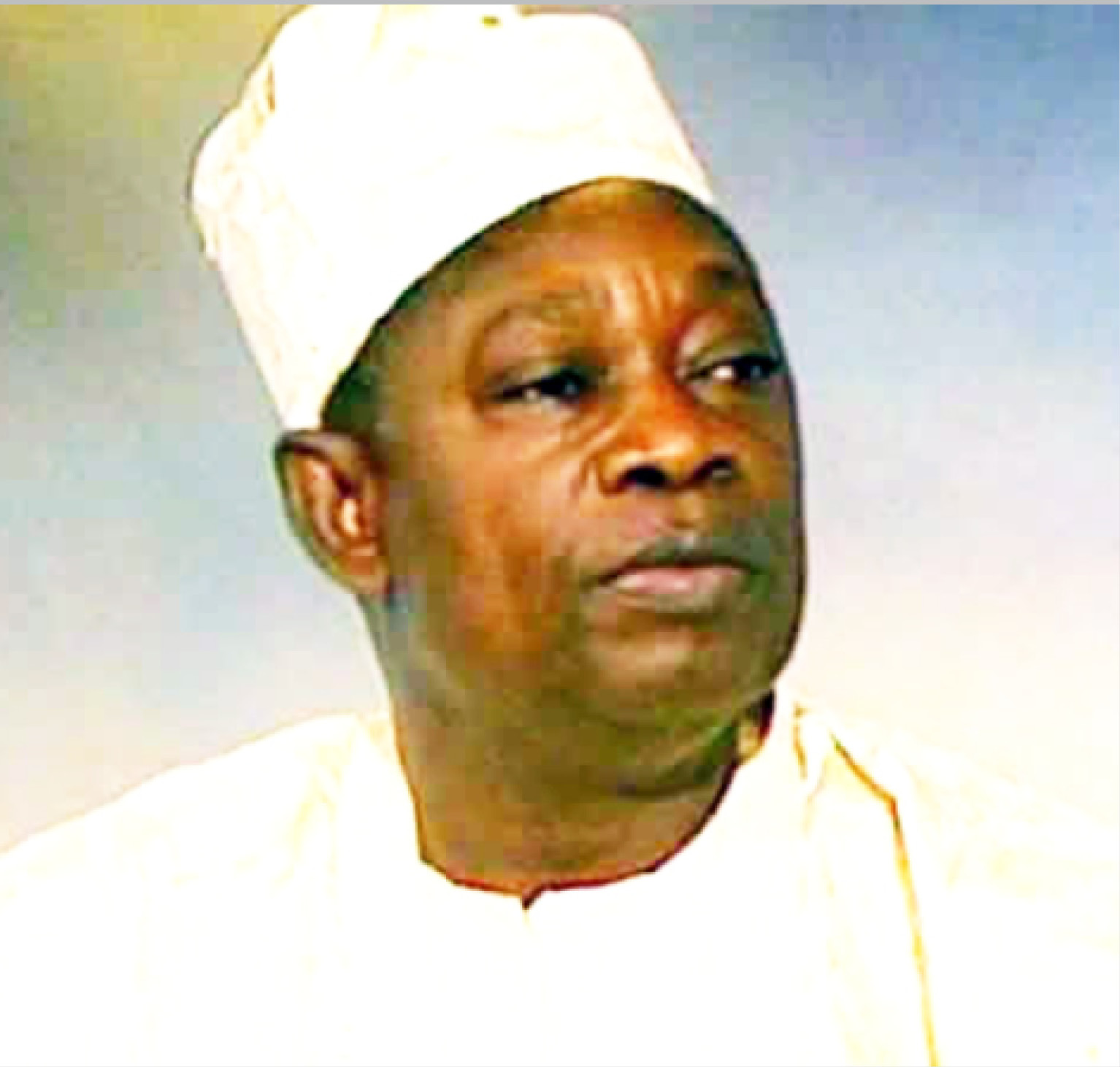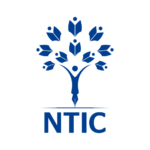LET ME first of all thank the organisers of this seminar for inviting me to give a paper on such an important occasion. Needless to say this seminar is a response to the forthcoming Constitutional Conference being sponsored by the new military rulers which conference in turn is a reaction to the cancellation of the June 12 presidential election by the Babangida regime. Hence the importance of this conference.
We are all familiar with the consequence of the cancellation of that watershed election. I do not therefore need to bore you with a recount of those consequences. Suffice it to point out that since before the cancellation, we have had three governments, namely (1) Chief Ernest Shonekan’s provisional council between January 2 and August 27, 1993 —
he was then our de facto prime minister — (2) Sonekan’s Interim National Government and (3) General Sani Abacha’s government. That we should have three governments in under one year shows quite clearly that we have been in the grip of a national crisis of monumental proportions since the run-up to and following the June 12 election.
Mr. Chairman, I have said that June was a watershed election. It has been variously described as the freest, fairest and the best election we have had since independence. This claim, I am sorry to say, is more propaganda than fact. By all counts the election was free, fair and peaceful but it was no more free, fair and peaceful than the 1979 election that saw Alhaji Shehu Shagari as the first elected president of this country.
Of course, Chief M.K.O. Abiola’s lead over Alhaji Bashir Tofa was far wider than Shagari’s lead over Chief Obafemi Awolowo, but then you do not judge the credibility of an election by the margin between contestants. In any case, Awolowo never disputed Shagari’s superiority at the polls in both absolute numbers and voter-spread. His only grouse was that Shagari, going by the electoral rules, did not have sufficient voter-spread, to be declared president without a run-off election in an electoral college. That grouse could hardly detract from the credibility of the 1979 election.
Mr. Chairman, it is imperative that we should be clear in our minds about the significance of the June 12 election for Nigeria if we wish to find the right solution that cancelling it has landed us in. I am afraid those who claim it is the best election to date have invariably exaggerated its significance for the unity of this country and even more so, for democracy. The exagerration in their claims lies in the fact that the pro-June 12 elements insist that unless June 12 is restored, Nigeria can only stand still or irretrievable break-down. June 12 is no doubt significant for democracy and for our nation’s territorial integrity but it is overstating its significance to say that it is the ONLY basis for the unity of and democracy in the country.
Many otherwise respectable people have made this claim, not least Chief M.K.O. Abiola himself. On several occasions, including a lengthy interview he gave CITIZEN, the magazine I manage, last October the chief has insisted that without June 12 there will be no Nigeria. On another occasion in November, the chief told the audience at the launching of a book by Dr. Jonathan Zwingina, his campaign director, that “What happens to 12th of June is what will happen to Nigeria as a whole. If Nigeria must survive, 12th of June must be alive.”
Of course it is not Abiola alone who has adopted this position. Many others have, including most importantly, Yoruba Obas. According to an insider account by the NIGERIA TRIBUNE (June 10, 1993), when General Ibrahim Babangida called a meeting of leading traditional rulers in the country to explain to them why he had to cancel the June polls, the Yoruba Obas were adamant on the non-negotiability of the polls. “We,” TRIBUNE quoted the Ooni of Ife, leading the Obas as saying, “have a mandate from our people and if that is not delivered correctly, no traditional ruler here from the Yoruba speaking area can go home safe and sound. Our mandate is that our son, Chief M.K.O. Abiola won the election of June 12, 1993 and the government has refused to proclaim him as the winner and if there is no cogent reason for your refusing to announce his success, the Yorubas as a whole are ready to pull out of Nigeria.” The question is is June 12 worth the unity of Nigeria and the prospect of democracy in the country? With due respect to Chief Abiola and the Yoruba royal fathers, it is not.
First, those who say without June 12 there will be no Nigeria, forget, perhaps conveniently, that June 12 was the child of probably the most convoluted transition programme anywhere. Because it is convenient for them, they isolate it from nearly seven years of a transition that bred mass cynicism and mass apathy. They isolate it from Option A4 (a correspondent of the NATIONAL CONCORD called it Option 419) which most political commentators, and even Chief Abiola, were critical of on account of the fact that it was much easier to manipulate than direct primaries. Even if June 12 was our best shot at democracy, it should be obvious that based, as it were, on a very shaky foundation that the transition programme was, it was unlikely to endure. Even Chief Abiola, himself, in a recent interview with TELL magazine acknowledged as much when he said that it was because God still wanted him to be alive that was why He made it impossible for him to be sworn-in on August 27.
The mistake in taking June 12 in isolation apart, the truth of the matter is that June 12 when we get to the brass tacks, it’s about raw power, not the high-sounding democratic values it has been touted to be by some people. Chief Arthur Nzeribe, I think, put it accurately, if a bit too plainly. “The prize,” DAILY TIMES (September 16, 1992) quoted him as saying when he called for the dissolution of the party primaries of that month, “is high. We (meaning himself, Yar’adua and Falae, the leading candidates for the SDP ticket) are competing for the leadership of Nigeria Limited.”
THE GUARDIAN (October 1 and 5, 1992) was less crude, but the lie about democratic values was no less glaring. In an editorial on October 5, 1992 titled “To save the Nation” it made it clear why it strongly supported the cancellation of the September primaries which General Shehu Musa Yar’adua had decisively won in the SDP and either Malam Adamu Ciroma or Alhaji Umaru Shinkafi was set to clinch in the NRC.
“The presidential primaries,” it said “were so massively, cynically and shamelessly rigged that any government it produced at the end of the process will be without legitimacy.” Then came the joker. “The situation,” said the paper, “is worse, the two presidential candidates that will emerge at the end of the day, are from the same part — the Far North. This is undesirable and unacceptable.”
Clearly, the paper’s concern was less the alleged rigging of the September primaries than the prospect of two “far north” candidates emerging as the flagbearers of the parties. Incidentally the paper was wrong to imagine that Malam Adamu Ciroma who seemed headed for victory in the NRC is from the “far north.” Ciroma is a babole. The Bolewas are a minority in small town Potiskum in Yobe State which itself is geographically in the Middle Belt.
In sharp contrast to its condemnation of the September primaries, THE GUARDIAN praised the April 1993 Option A4 primaries in superlative terms. “They,” the paper said, “were peaceful, well organised and successful. They produced, without rancour and unnecessary heat, two flagbearers, both of who command popular legitimacy in their respective parties precisely because the elections which produced them were credible.”
Then, of course, came the true confession. “Unlike previous presidential primaries,” said the paper, “these conventions produced a presidential flagbearer from each of the north and south of the country. The nation has cause to celebrate.”
Really? The April primaries may have been peaceful, but newspaper reports including THE GUARDIAN’s showed they were far from being well-organised, especially in the case of the SDP where the convention dragged on well beyond its allotted two days. More importantly, reports from NEC and the security agencies were unanimous that money, on a scale more massive than in the September primaries, was used to buy votes. The reports indicated that an even greater amount was used all the way to Port Harcourt (NRC) and Jos (SDP). How can any serious-minded person make a claim of popular legitimacy in an election where money ruled the roost?
Mr. Chairman, whether the April elections were peaceful and well-organised or not, the fact was that morally speaking they were not any more well-grounded than the earlier September primaries. The difference, clearly, was where the winners came from.
This was part of a speech delivered by Mohammed Haruna at a seminar in Ibadan in 1994
To be continued next week




